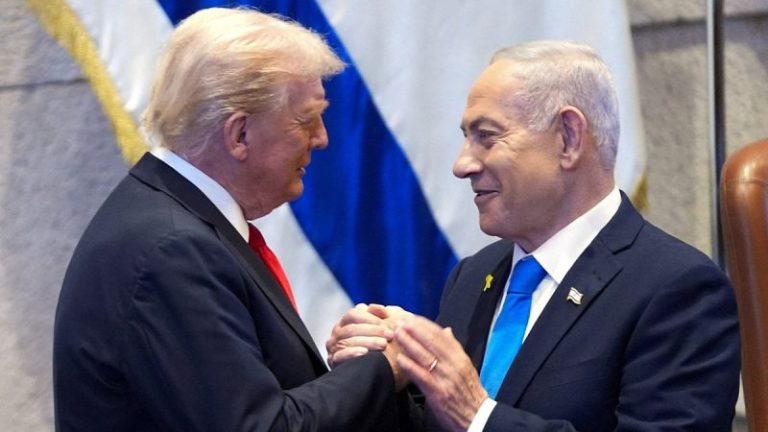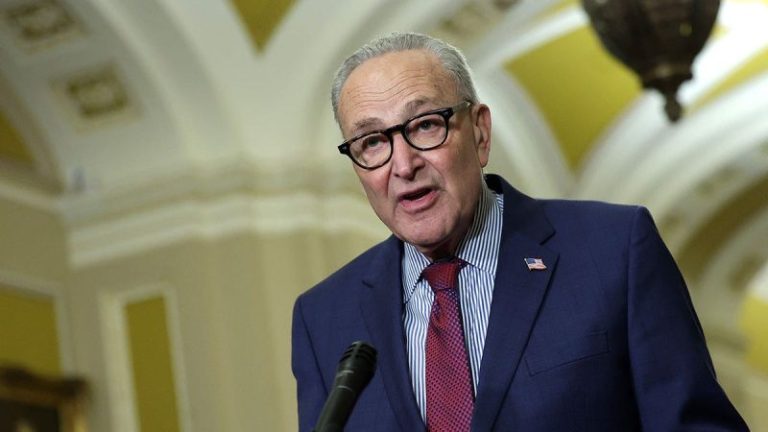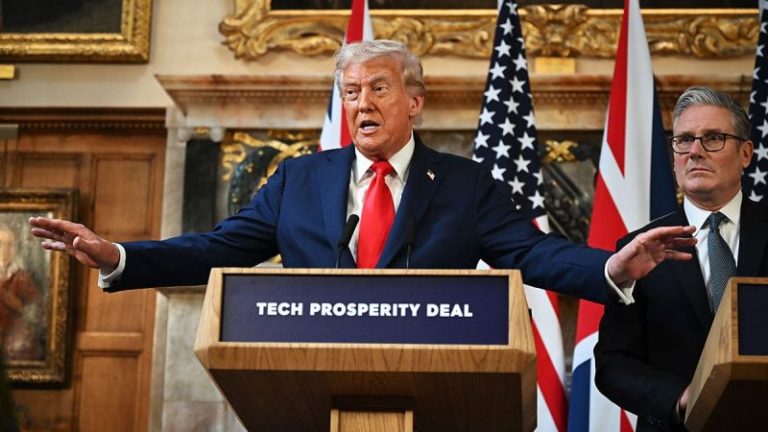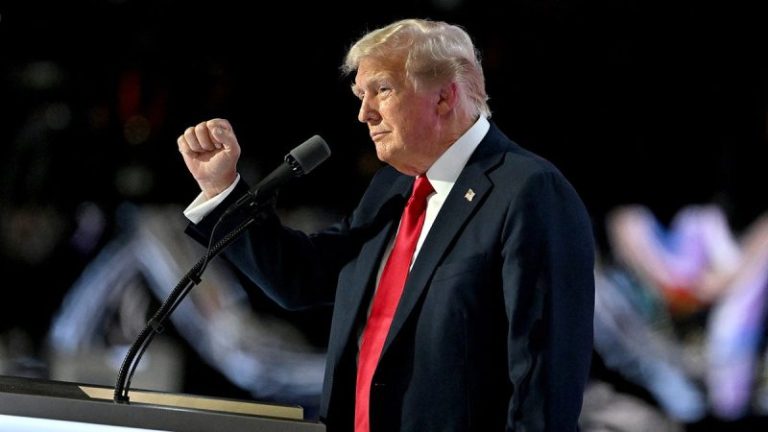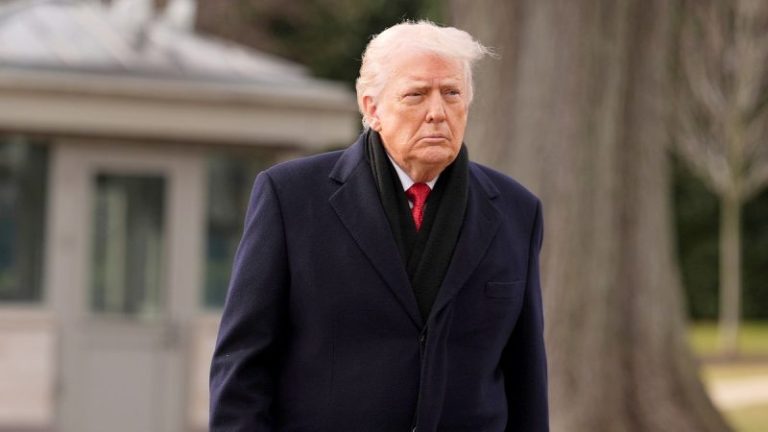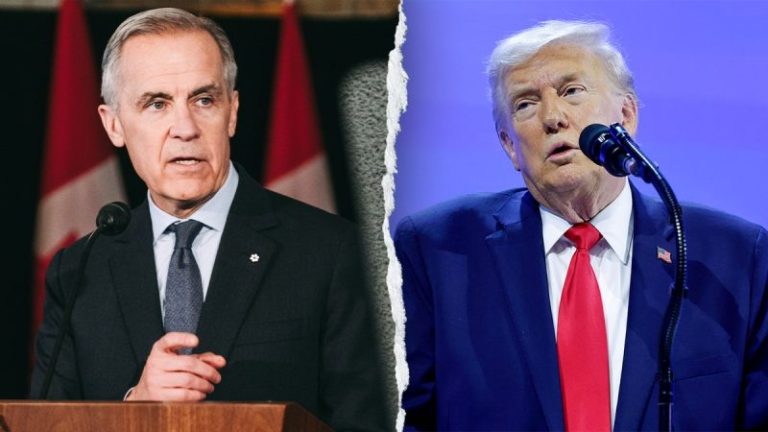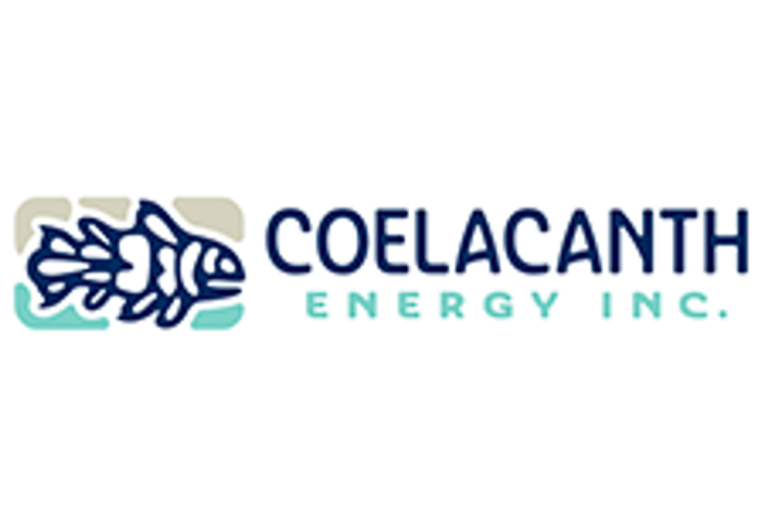The horrific regime slaughter in Iran and President Trump’s aggressive campaign to acquire Greenland have resulted in the neglect of a major case now underway at the International Court of Justice (ICJ).
The ICJ last week began hearings brought by Gambia against Myanmar alleging genocide against the Rohingya people—about 1.4 million of whom live in Myanmar. Several other states have intervened in support of Gambia, which has presented the court with evidence it contends proves that Myanmar’s military forces committed a genocide against the Rohingya population. Myanmar vehemently denies the allegation.
While this case does not concern Israel directly, the ICJ’s determinations may have major ramifications for the case Israel is now defending at the tribunal against South Africa.
This is especially true since one of the judges hand-picked by Gambia to sit on its ICJ panel is South African national Navi Pillay. That would be the same Navi Pillay who recently rushed to publish a report accusing Israel of genocide before retiring as head of the UN Human Rights Council commission of inquiry—a panel widely criticized for its flagrant institutional bias against Israel and the anti-Semitic remarks of its members.
In reality, South Africa’s ICJ case against Israel is riddled with flaws. It is also pushing to redefine a term that been held sacrosanct since the end of the World War II.
The term ‘genocide’ was coined by Raphael Lemkin, a Holocaust survivor who in 1944 strived for its incorporation into modern international law. That occurred in 1948 via the UN Genocide Convention.
The prohibition on genocide is considered a jus cogens norm—that is, a non-derogable rule accepted by all of the first-world community with no exceptions. The definition of ‘genocide’ requires no law degree to understand, and it should never, ever be politicized.
For a genocide to take place under Geneva, there must be acts committed ‘with intent to destroy, in whole or in part, a national, ethnic, racial, or religious group.’ The phrase ‘intent’ here is of paramount importance.
South Africa’s pending case before the ICJ alleges Israeli intent to destroy the Palestinian-Arab population of Gaza. Israel, by contrast, (correctly) maintains that its recent actions in Gaza have been a just and proper military response to the war of annihilationist jihad and unspeakable atrocities launched against it by the Hamas terrorist organization on Oct. 7, 2023.
Israel’s ‘intent’ is to free Gaza from Hamas, to return hostages abducted and held by Hamas, and to ensure Hamas has no future role in Gaza and cannot undertake another October 7-style massacre. It repeatedly offered to end the war if Hamas laid down its arms and released all hostages.
Hamas, on the other hand, has shown a complete disregard for human life and has openly stated that its sacrifice of Gazan civilians is a cynical strategic necessity to turn public opinion against Israel. It has for years embedded military infrastructure within Gazan civilian infrastructure—schools, hospitals, UN facilities, mosques, and children’s bedrooms. Israel has waged a defensive campaign in one of the most complex operational environments of any modern war.
At the same time, it has worked with states and NGOs to allow and facilitate extensive amounts of humanitarian aid, rebuilt water supplies, coordinated the vaccination of young Gazans against polio, and helped coordinate and approve the evacuation of those in need of urgent medical care.
Israel repeatedly provides advanced warnings of impending military strikes and has held off strikes where intelligence of nearby civilians has come to light. For a fighting party to so often relinquish the element of surprise to reduce harm to the local civilian population of its enemy is extraordinary.
None of this constitutes a ‘genocide’—and clearly shows the lack of any intent by Israel to destroy the local Palestinian-Arab population in Gaza.
Nonetheless, since South Africa brought its case before the ICJ, numerous groups and states have leapt at the opportunity to join in on the anti-Israel campaign. This has ranged from tendentious so-called online genocide scholars to anti-Semitic mobs to deeply politicized NGOs. Amnesty International, for instance, shamelessly waited more than two years before publishing a report focusing on Hamas’ crimes on Oct. 7, while straining to remind readers of its slanderous accusation of genocide made against Israel a year prior.
Together, they have all been involved in a campaign to redefine the term ‘genocide’ to suit their narrative—all while ignoring the reality of Hamas’ own Nazi-esque barbarism.
The politically motivated efforts to undermine the concept should be of grave concern to us all. If successful, it will result in the ICJ’s further self-discrediting as an institution of political point scoring, rather than meaningful justice.
Israel has legitimately responded to genocidal attacks by a terrorist organization that has repeatedly called for its entire annihilation and the murder of all global Jewry—something it broadcast live to the world on Oct. 7, 2023.
The term ‘genocide’ is one too important to be cheapened. Those pushing for its redefinition must be stopped in their tracks.

